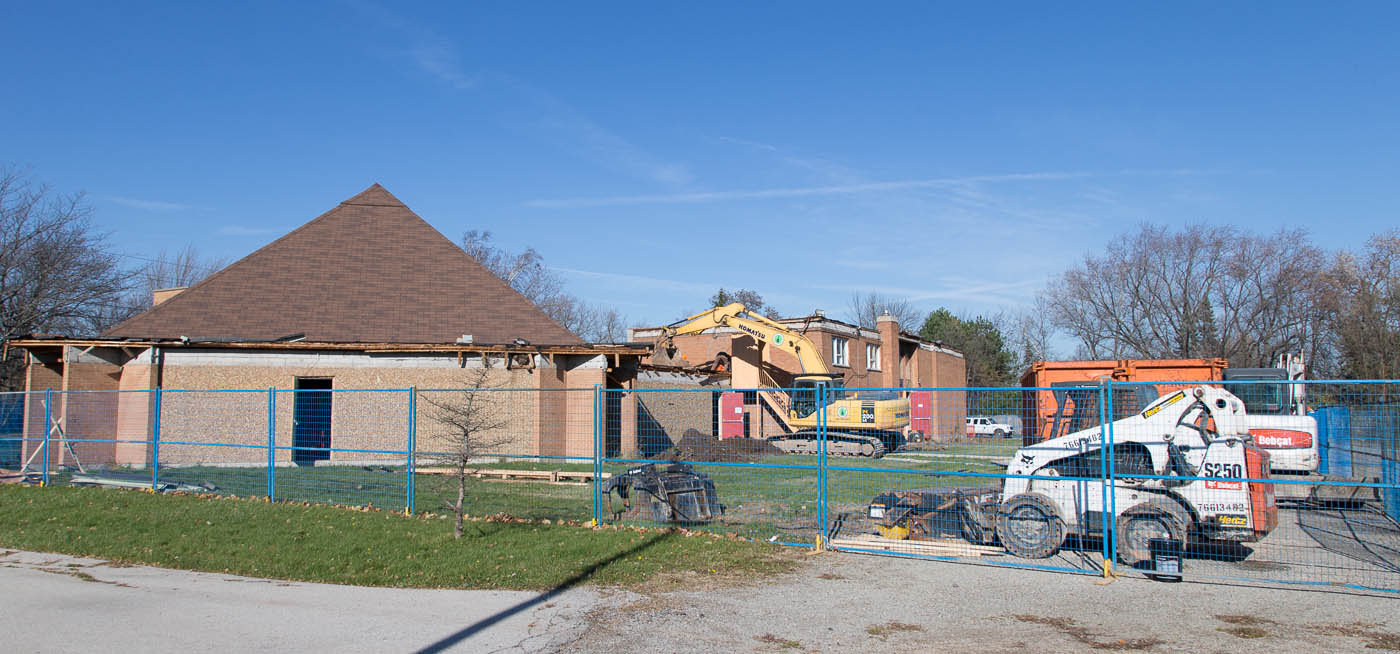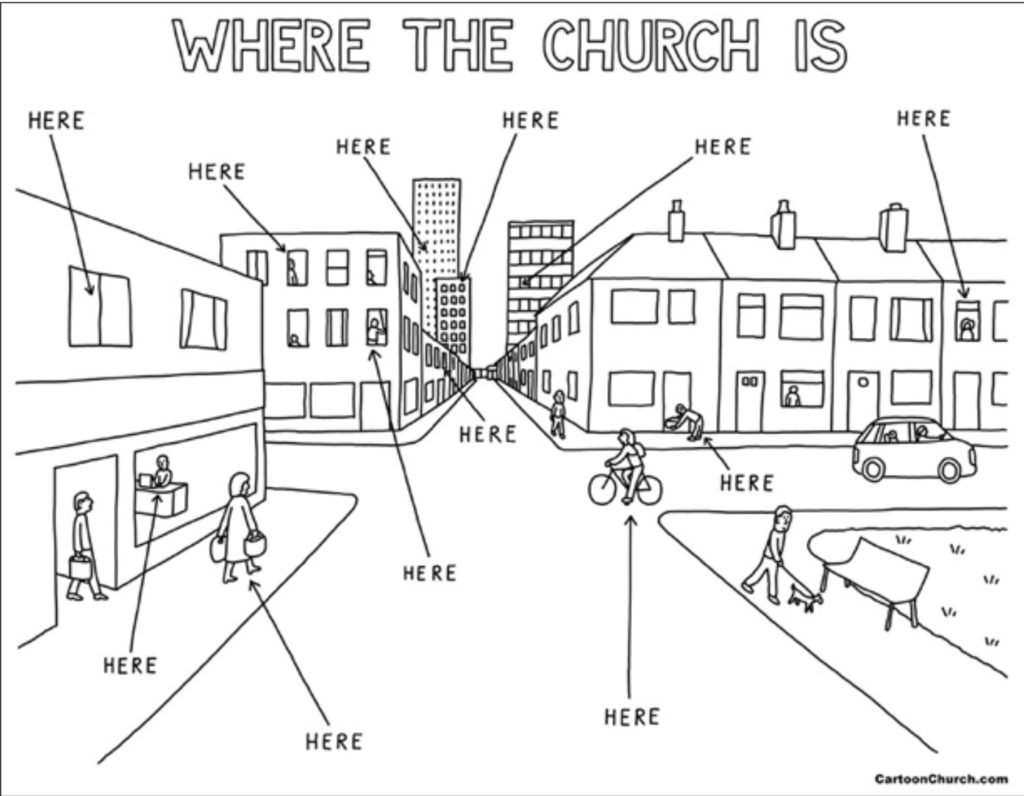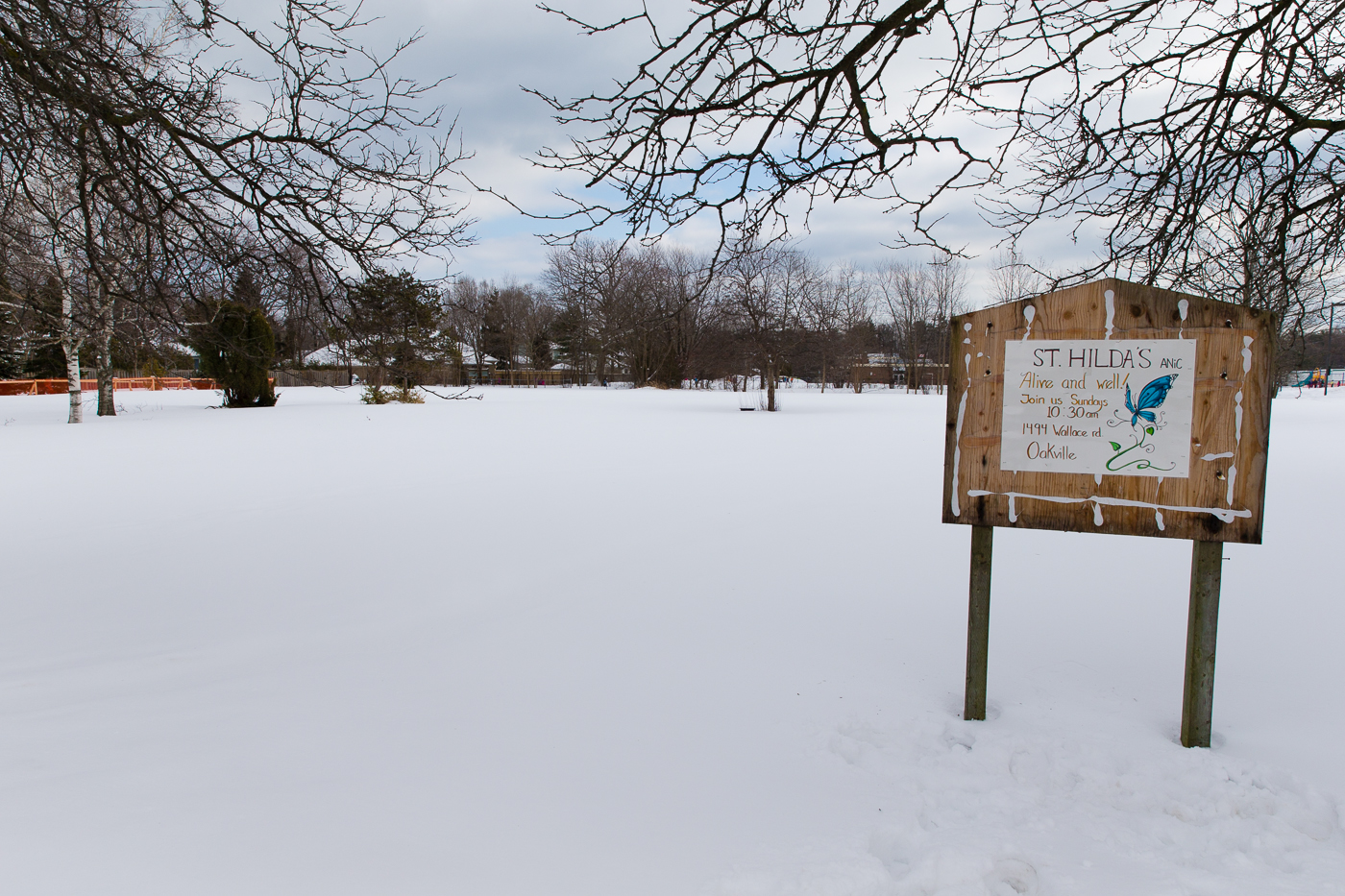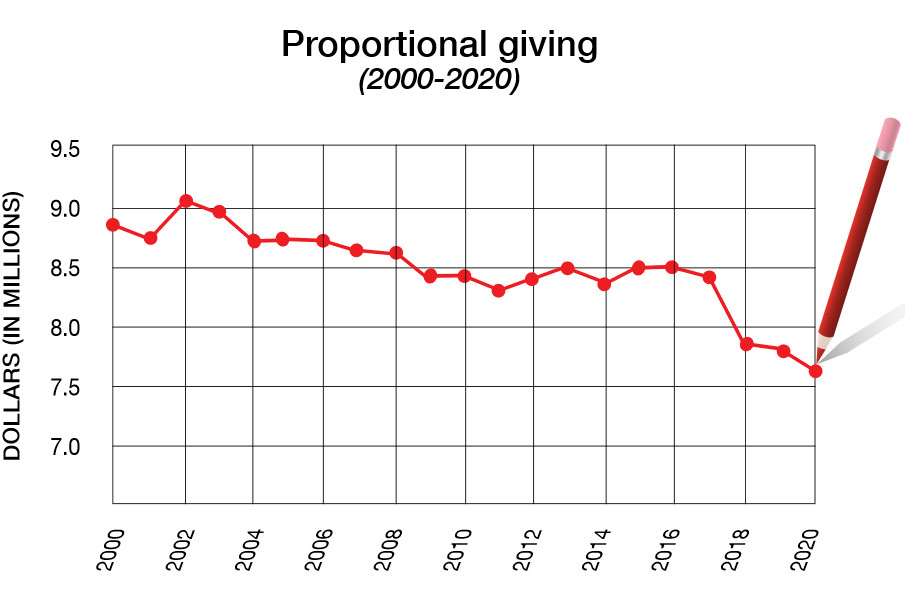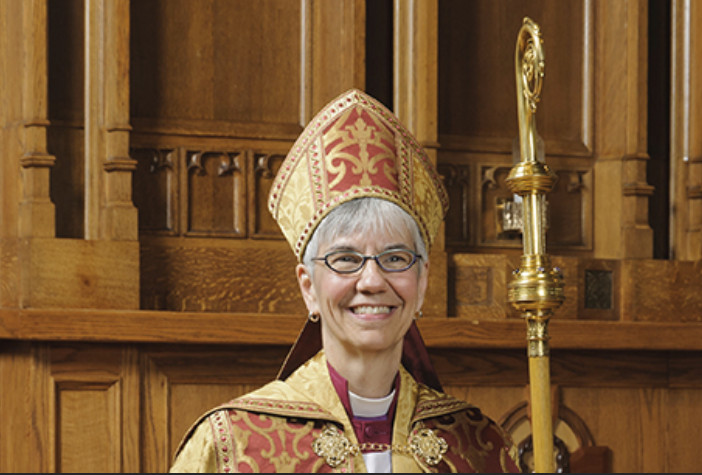 Anglican bishops like nothing better than jumping on a fresh bandwagon to parade their glistening halos for all to admire. Racism isn’t exactly fresh, of course, but it is in the news, so it’s only fitting that our Canadian bishops are using the opportunity to intone such pieties as this from Melissa Skelton:
Anglican bishops like nothing better than jumping on a fresh bandwagon to parade their glistening halos for all to admire. Racism isn’t exactly fresh, of course, but it is in the news, so it’s only fitting that our Canadian bishops are using the opportunity to intone such pieties as this from Melissa Skelton:
It is difficult to decide where to start on any communique to all of you related to racism and racist acts today. Whether it’s stories from here in Canada related to aggressive acts toward Canadians of Chinese, Japanese or Filipino heritage, discrimination against a First Nations man just doing his banking, the disturbing increase in anti-Semitism world-wide, or the stark images of African-American men pursued, threatened and murdered in the US—the times we are in continue to remind us that not only is racism not dead, racism seems to have become stronger or perhaps more exposed in the midst of this pandemic.
It goes on…. and on; if you wish to bore yourself silly with the rest of it, you can do so, but I won’t quote more here.
Those who persevere will discover that what is missing from Skelton’s concatenation of cliché’s is any explanation of why she finds racially inspired evil to be any worse than, say, murder motivated by jealousy or envy or love of mammon or plain dislike. I don’t remember the 10 commandments reserving special condemnation for racially inspired killing, lust, idolatry, theft or covetousness. All men and women bear God’s image. To act as if that were not so is wrong if the person is of a different race. But it is just as wrong if the person is of the same race.
The reason, although I sure she would not admit it, is because denouncing racism is a cause beloved by the political left (what would they do without it?) and all causes of the political left are beloved by bishops; it’s so predictable that I’m tempted to think it’s genetic. Underpinning the fantasies of the left are the lies that man is innately good; that those who are less than good are, nevertheless, perfectible if they only they make the effort; that society is also perfectible and, thus, anything short of utopia is to be an object of scorn.
In their heart of hearts, this is what Anglican clergy believe. What they should believe is Jeremiah 17:9.
Also missing from Skelton’s “Pastoral Message” (how is it in any sense pastoral?) is any robust condemnation of the rioting, looting and violence being perpetrated by those who are bent on destroying what is left of our civilisation. The left want our civilisation gone because, after Christianity, it is based on capitalism – hated by the left even more than racism – and because it isn’t utopia. And Anglican bishops want what the left wants.
Like this:
Like Loading...
The past three months have been difficult as we journeyed through a time of wilderness with the closure of our church buildings and as we have creatively adapted our ministries to respond to the emergency situation. Inspired from the witness of scripture, a time of sabbath rest invites our clergy and lay leaders, as well as the whole Church, to take time apart from our usual patterns in order to bring renewed energy and knowledge and skill to the practice of ministry.What this means is that regardless of where the Government of Ontario is with its reopening plan, our churches will not be reopening for in-person worship until at least September. This decision was made in consultation with public health experts as well as our diocesan executive officers and chancellors, with the well-being and safety of all our parishioners and the communities we serve uppermost in our hearts and minds


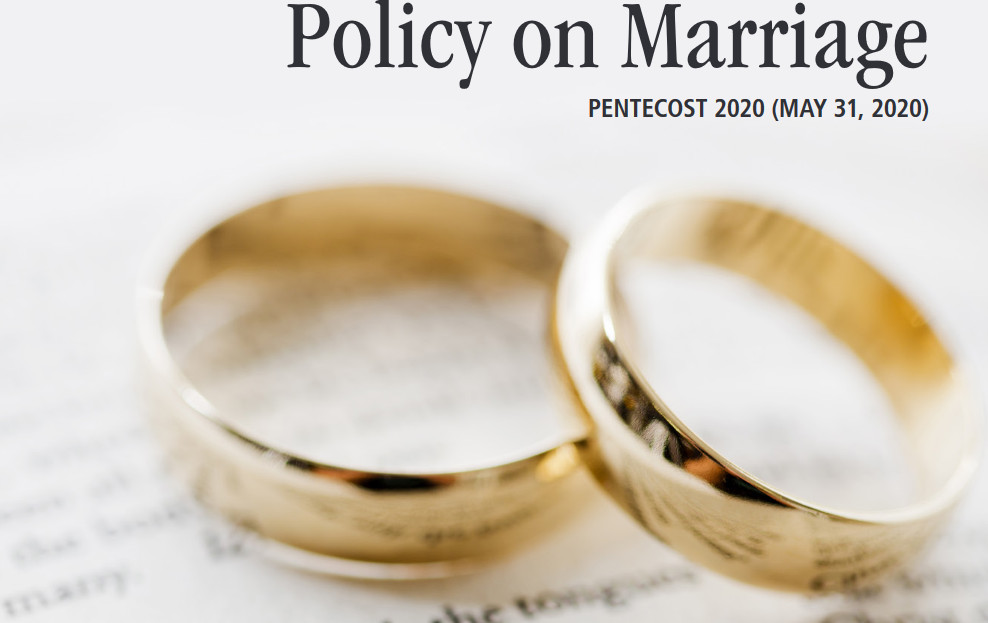 The Diocese of Toronto has decided that same-sex marriage is both legitimate and not legitimate. In polite company, this is known as an antinomy. Or, in plain language, rubbish.
The Diocese of Toronto has decided that same-sex marriage is both legitimate and not legitimate. In polite company, this is known as an antinomy. Or, in plain language, rubbish. Anglican bishops like nothing better than jumping on a fresh bandwagon to parade their glistening halos for all to admire. Racism isn’t exactly fresh, of course, but it is in the news, so it’s only fitting that our Canadian bishops are using the opportunity to intone such pieties as
Anglican bishops like nothing better than jumping on a fresh bandwagon to parade their glistening halos for all to admire. Racism isn’t exactly fresh, of course, but it is in the news, so it’s only fitting that our Canadian bishops are using the opportunity to intone such pieties as 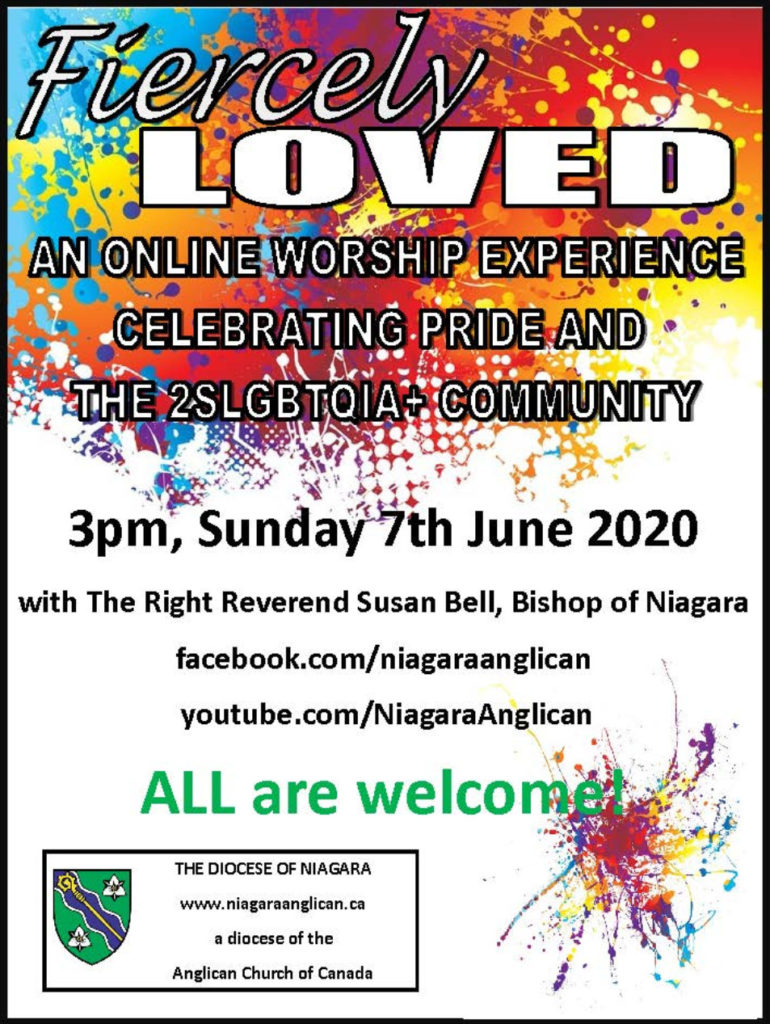
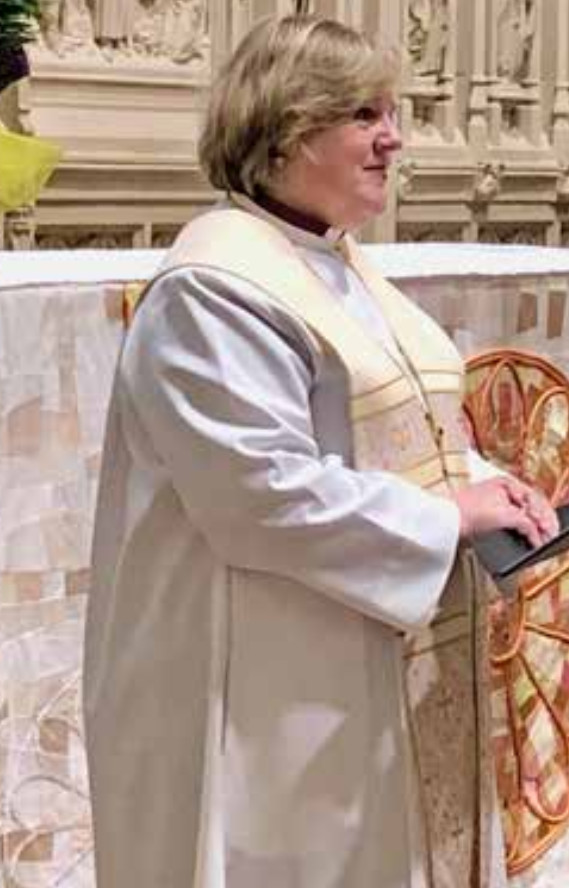
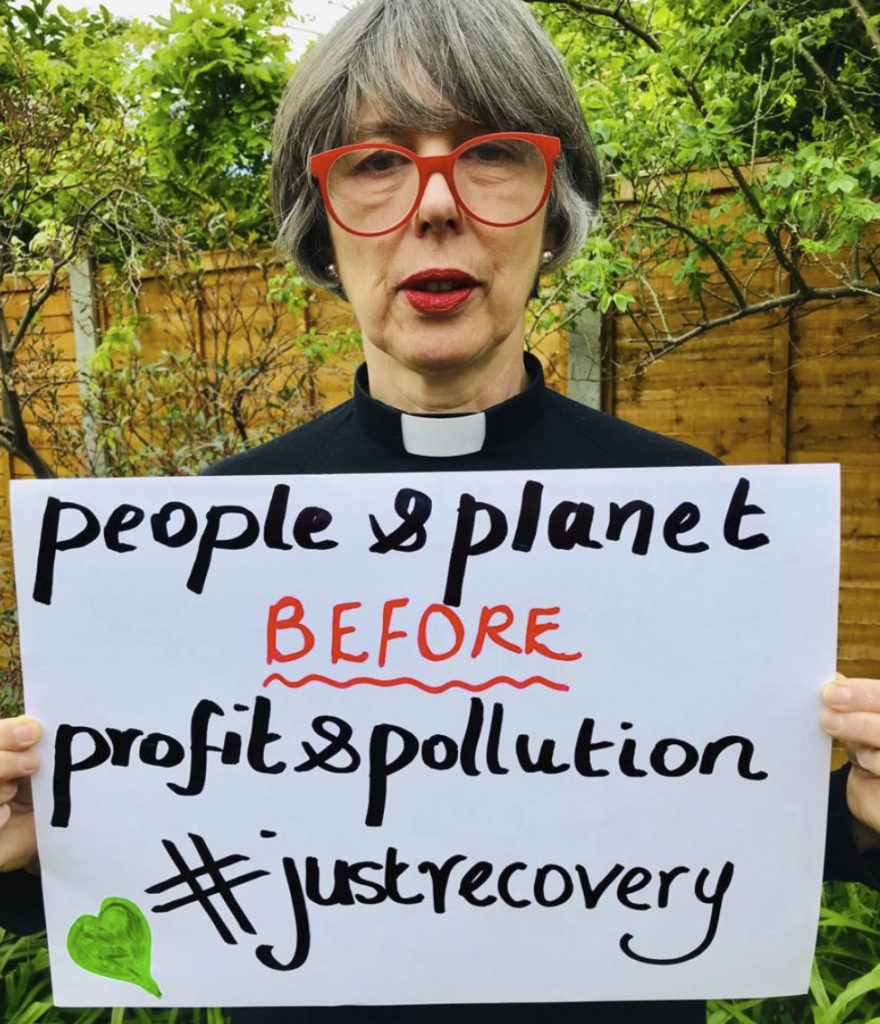 The Anglican Church of Canada has signed a
The Anglican Church of Canada has signed a 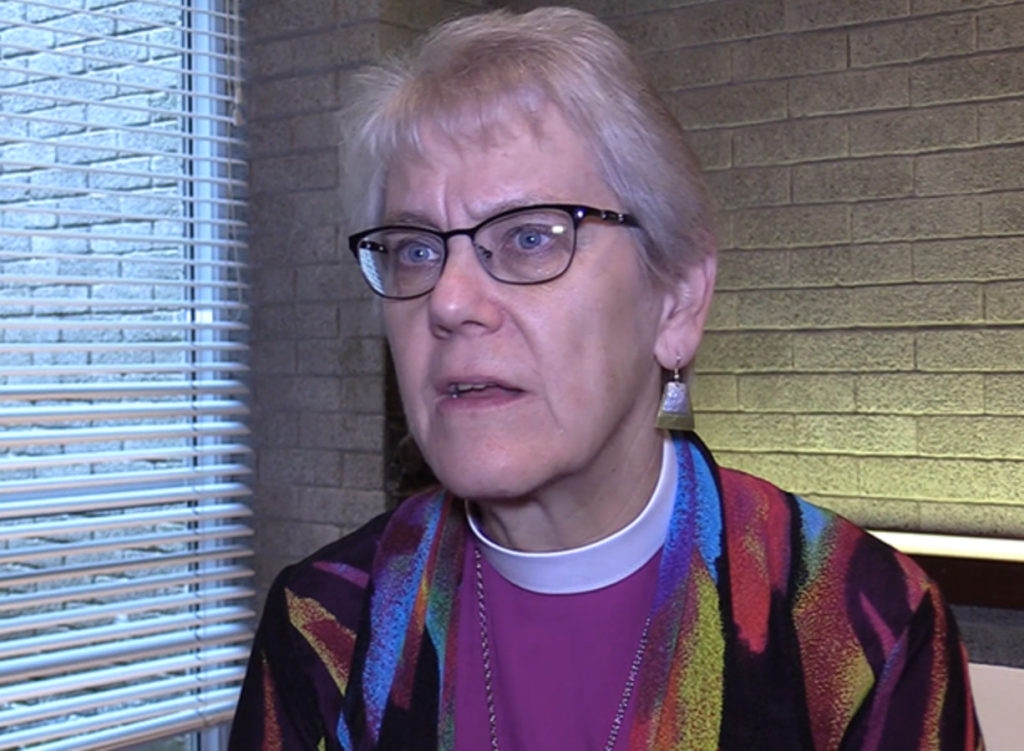 We write to you with great concern about Canada’s silence regarding the plans of the current coalition government of Israel to propose a vote in the Knesset (likely July 1st) on annexing a significant part of the occupied Palestinian territories. These plans constitute a grave breach of Canadian and international law, specifically Article 147 of the IV Geneva Convention, prohibiting the appropriation of property. This silence of the Canadian government is puzzling in light of the recent vote at the UN affirming the Palestinian people’s right to self-determination, Canada’s policy position on Palestine-Israel, and its staunch support for the rule of law.
We write to you with great concern about Canada’s silence regarding the plans of the current coalition government of Israel to propose a vote in the Knesset (likely July 1st) on annexing a significant part of the occupied Palestinian territories. These plans constitute a grave breach of Canadian and international law, specifically Article 147 of the IV Geneva Convention, prohibiting the appropriation of property. This silence of the Canadian government is puzzling in light of the recent vote at the UN affirming the Palestinian people’s right to self-determination, Canada’s policy position on Palestine-Israel, and its staunch support for the rule of law. A Public Letter on Guaranteed Basic Income
A Public Letter on Guaranteed Basic Income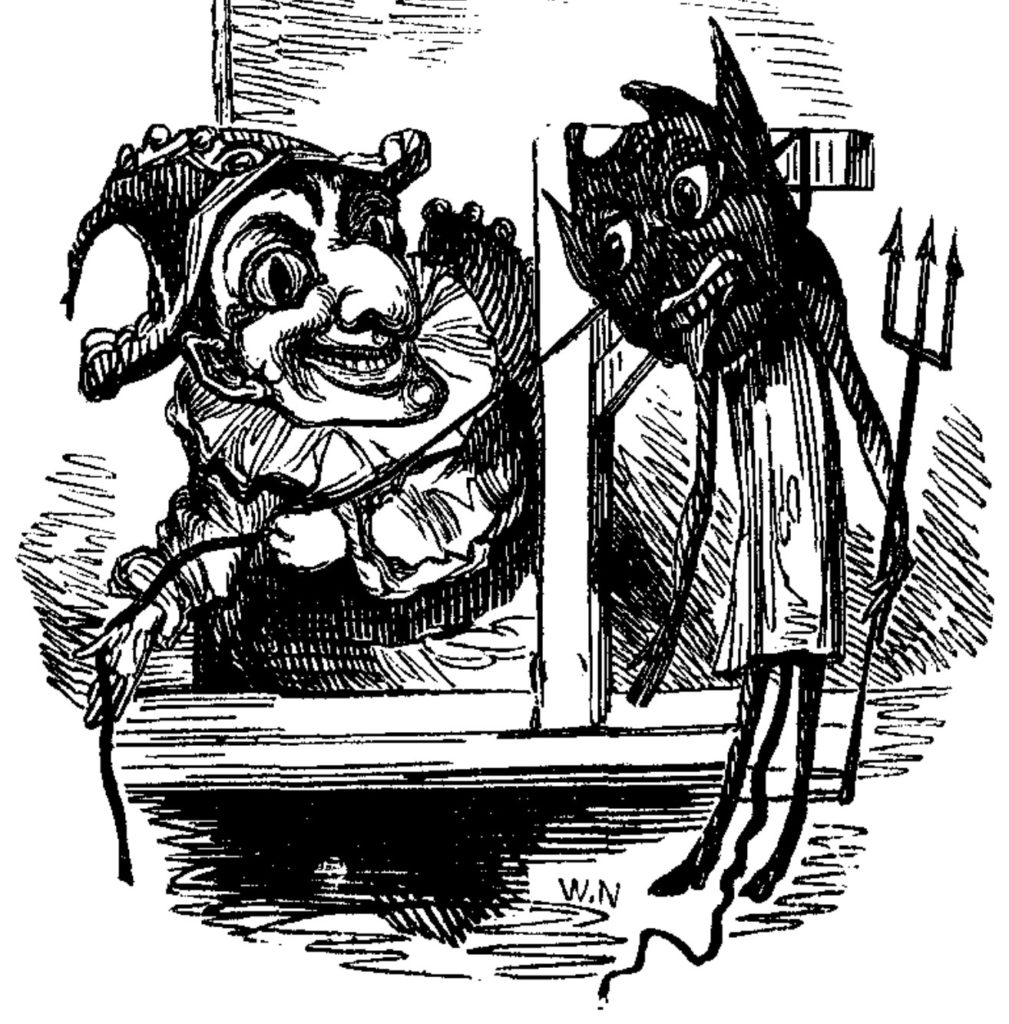 The pandemic is making it harder to deliver medically assisted death, doctors say
The pandemic is making it harder to deliver medically assisted death, doctors say